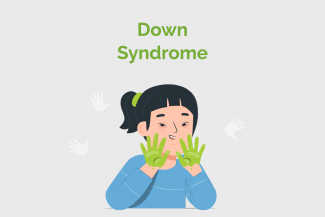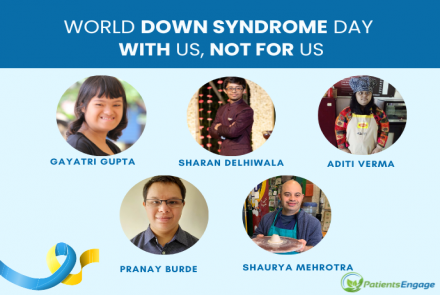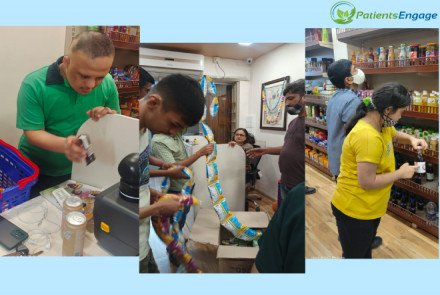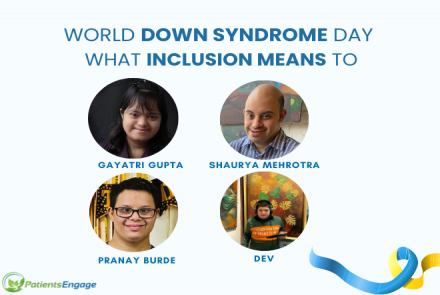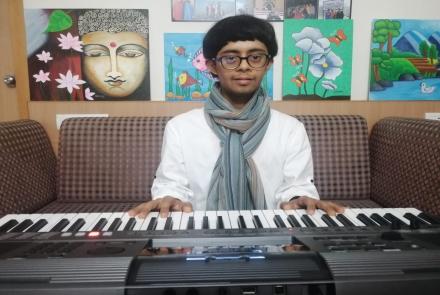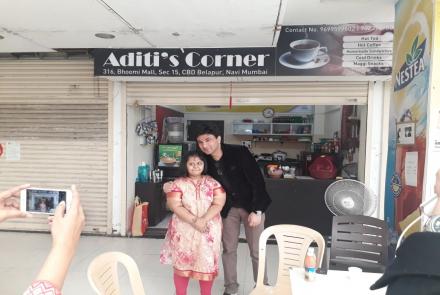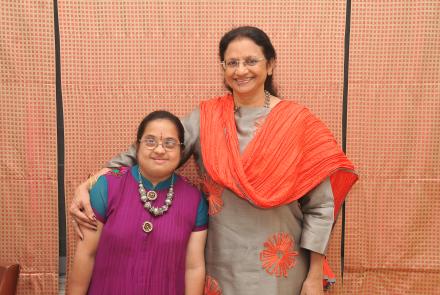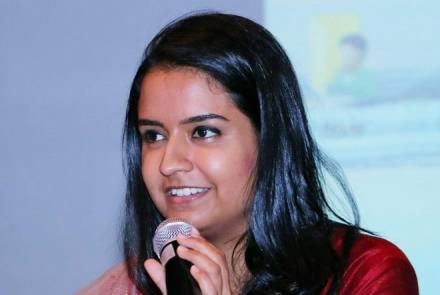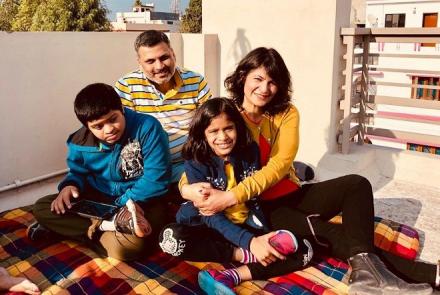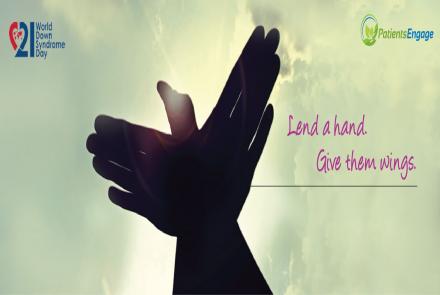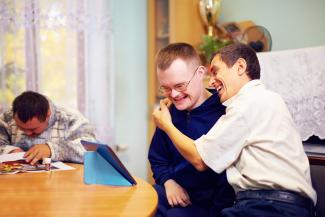
Signs of Down's Syndrome:
Although all babies with Down's syndrome will not have the same features, they will have have some of these physical features:
• Almond shaped eyes (unusual for their ethnic group)
• Smaller head and hands
• Flat nose
• Wide feet with short toes
• Large tongue
• Poor muscle tone (appear to be floppy)
• Short neck
• Joints are more flexible than usual (hyper flexibility)
Typically there are developmental delays which you must discuss with your paediatrician and make therapeutic interventions as soon as recommended.
Developmental pattern
Down’s syndrome children reach their developmental milestones later than other kids. Intellectual and developmental problems range from mild to moderate.
• Social interaction – Most children with Down’s syndrome enjoy and learn from social interaction with family and friends. As time goes by, they often have good social and emotional understanding.
• Visual learning – Children and young people with Down’s syndrome generally learnvisually. They learn best from watching and copying other people, and may find it easier to take in information if it is presented with the support of pictures, gestures, objects and written words.
• Gestures and mime – These children are often particularly good at using their hands, faces and bodies to communicate. They often enjoy drama and movement as they get older.
• Reading ability – Reading is often a strength, possibly because it builds on visuallearning skills.
• Learning to talk – Many children with Down’s syndrome experience significant delay in learning to talk. Most children and young people learn to talk, but it takes longer. There seem to be three main reasons for this:
- It takes them longer to learn to control their tongue, lips and face muscles.
- They have more difficulty remembering spoken words.
- They often have hearing difficulties, making it hard to pick up speech.
• Hearing and vision – Hearing difficulties are common and can contribute to speech and language difficulties. Similarly, problems with vision are also relatively common, and these can affect the ability to learn visually. However, both hearing and vision difficulties can usually be treated by therapy.
• Learning to move – The skills needed to move around and explore tend to be delayed compared with other children. Over time many children and young people develop good motor skills and can become good at all types of sports.
• Learning from listening – Children and young people with Down’s syndrome tend to find learning by listening difficult. This may be because they have a hearing impairment or because language is developing slowly. It also reflects particular problems with short term memory, also known as working memory.
• Number skills – Many children with Down’s syndrome experience difficulties with number skills and learning to calculate.
People with Down’s syndrome are highly responsive to their physical and social environments. A person with Down’s syndrome has the same emotions and needs as any other person and deserves the same opportunities. Those who receive positive support and are included in the activities of the community can be expected to adapt successfully — to attend school, make friends, find work, participate in decisions that affect them and contribute to society.

